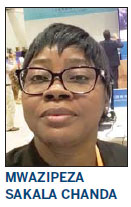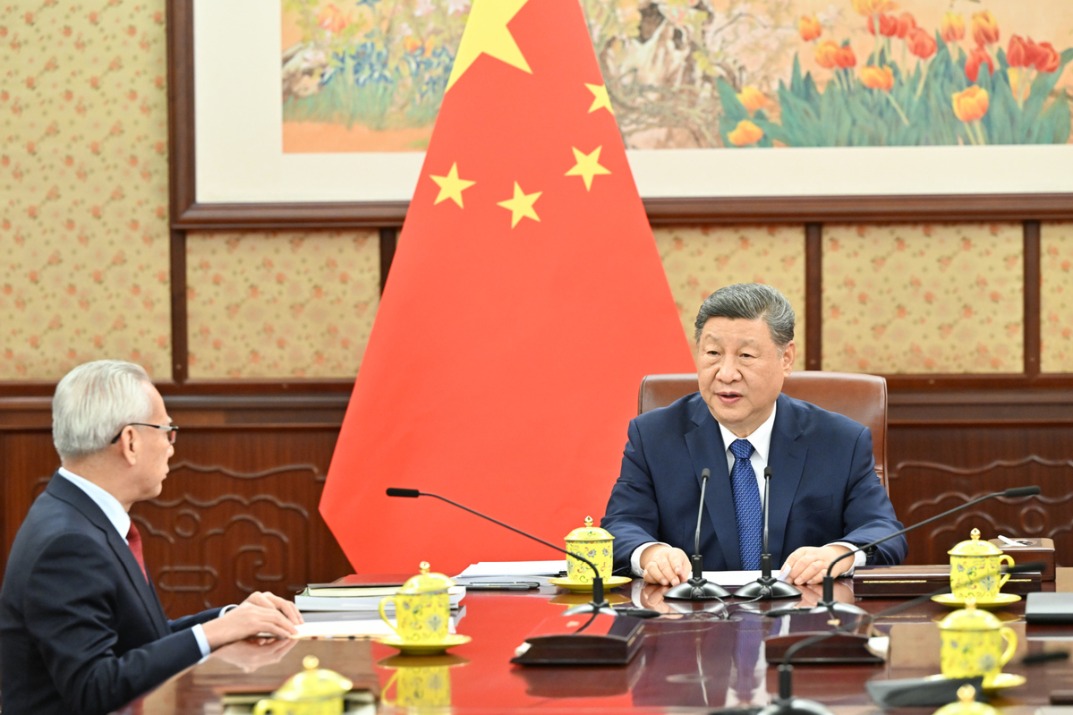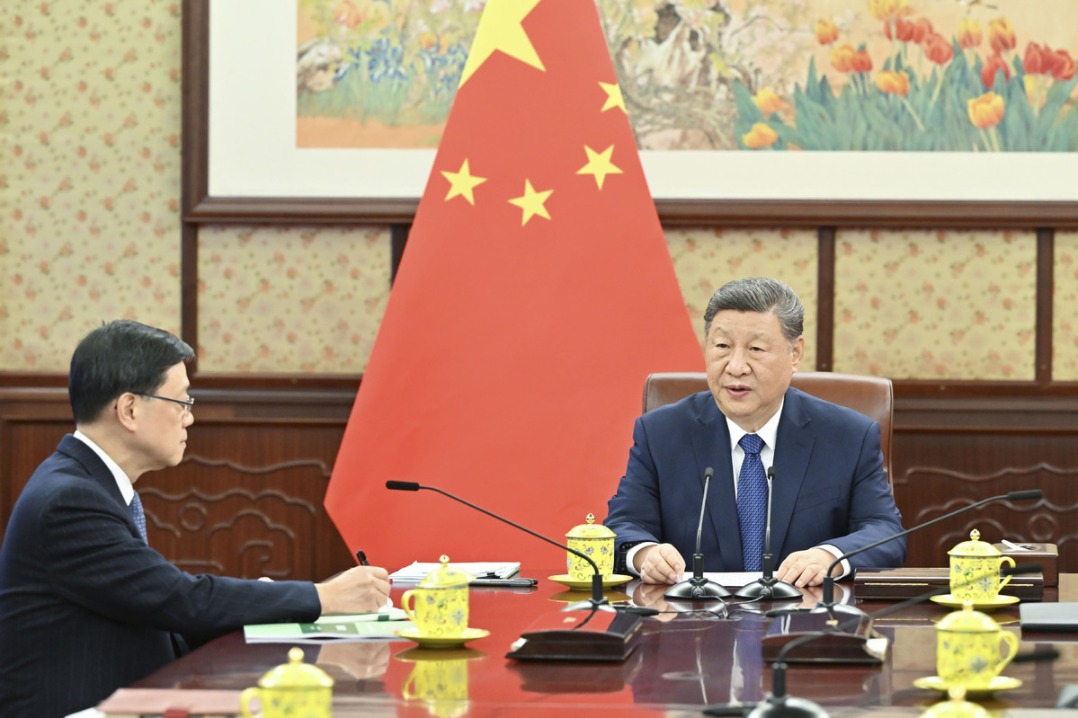Summit's 24-hour media center was paradise

The ride to the Hangzhou venue for the G20 Summit was akin to a trip to heaven.
The city, known as China's Heaven on Earth, opened its heart to journalists, local and international, assigned to cover the meeting of the world's economic powers.
Its wide streets are lined with high towers, all manner of fauna and flora. It's hard to believe that a modern city can be so green.
The G20 Summit media center was also a journalists' paradise, too. Nestled in the heart of the Hangzhou International Expo Center, almost 5,000 reporters speaking 17 different languages were offered 24-hour services and support. The space had a sea of PCs and workstations, high-speed wireless internet, audio feeds and high-definition large screens.
The theme for the summit was "An Innovative, Invigorated, Interconnected and Inclusive World Economy", and key points on the agenda included policy coordination, effective global economic and financial governance, international trade and investment, and interconnected development.

Wang Xinining, deputy director of the Ministry of Foreign Affairs' media office, said about 260 volunteers, mostly university students, went through three weeks of training ahead of the event to ensure the center's services ran smoothly.
"The media center is a result of a year of preparation and lessons learned from hosting other international meetings," according to Wang.
Reporters from major international news outlets such as Reuters, the BBC, China Central Television, Xinhua News Agency and the Associated Press were able to interact seamlessly.
There were many African journalists at the summit, too, due to China's invitation to six non-G20 members. I also interacted with journalists from Brazil, Canada, Europe, India and Japan.
It was an excellent opportunity to clear up some misconceptions around China's relations with Africa. Zambia, for example, has enjoyed a long history of fraternity with China, so myths of neocolonialism were easily quashed.
My main area of interest was the policy agreements to be made by G20 leaders. The world is slowly coming to terms with an economic slowdown, and developing nations offer the best hope for revival - so there's need to move away from insular thinking and instead forge inclusive and mutually beneficial strategies.
In my interactions with other journalists, I pointed out that Africa is a continent made up of countries at different levels of social and economic development, meaning comprehensive agreements and polices ensure an acceptable standard of living for all.
There was lots of information about the G20 available online and in various types of literature at the media center.
The summit was a culmination of various other events that covered labor, gender equality, business, innovation, e-commerce, green financing, youth empowerment and employment. Interviews, discussions and debates were never-ending.
At one point, US Secretary of State John Kerry walked through the media center, almost triggering a stampede as camera operators and journalists jostled to take a photo.
There is a saying that no news is good news, so it's not surprising that some international media chose to focus on negatives.
While I was excited to see the arrival of China's non-G20 guests, including United Nations Secretary General Ban Ki-moon, Chadian President Idriss Deby, Egyptian President Abdel Fatah al-Sisi and Senegalese President Macky Sall, some media outlets were content with reporting trivial matters.
It was disheartening to note how the US media covered the arrival of world leaders in Hangzhou, choosing to focus on an incident on the airport runway and closures of local businesses.
US President Barack Obama said in a media briefing that China and the US still enjoyed good relations despite some bleak reports. He said security issues and protocols sometimes cause tension among international delegations but that the G20 summit was an opportunity to steer the regeneration of the world economy.
China, as host, went above and beyond to ensure the media were able to operate freely and in comfort. The opportunity to work with journalists at such an iconic event was a dream come true.
Mwazipeza Sakala Chanda is a Zambian journalist on secondment to China Daily.
For China Daily
(China Daily Africa Weekly 09/09/2016 page15)
Today's Top News
- Xi hears report from Macao SAR chief executive
- Xi hears report from HKSAR chief executive
- UN envoy calls on Japan to retract Taiwan comments
- Innovation to give edge in frontier sectors
- Sanctions on Japan's former senior official announced
- Xi stresses importance of raising minors' moral standards





























